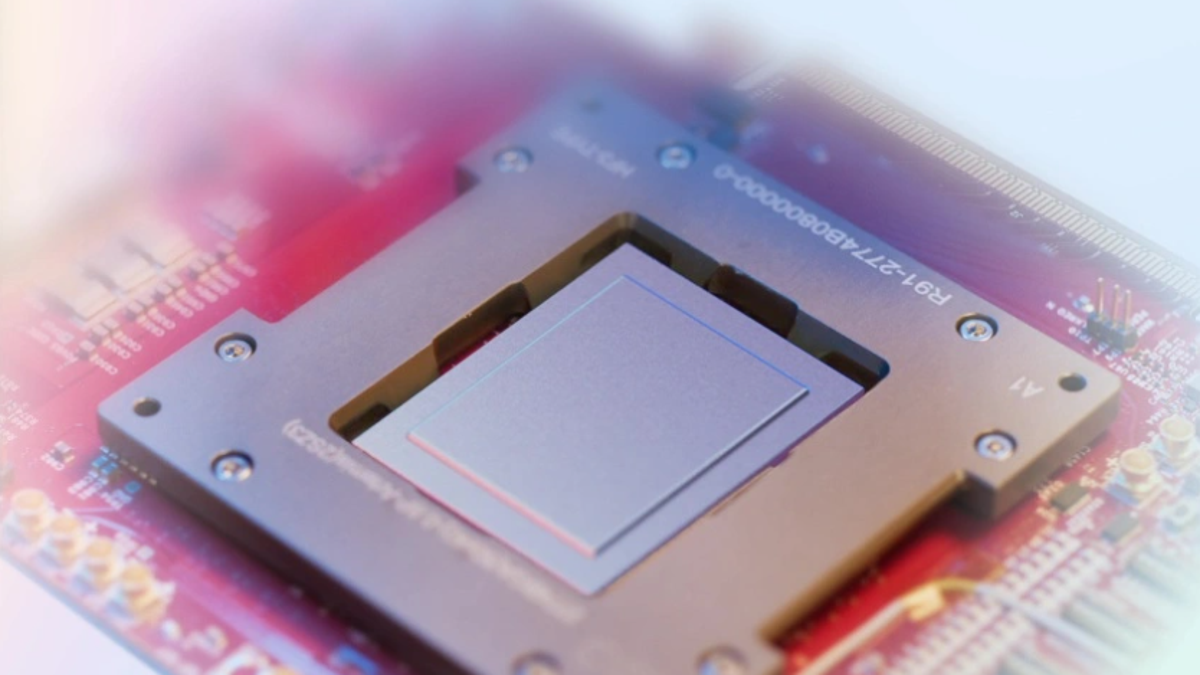Next-Generation AI Chips Shaping the Industry Landscape
On Wednesday, Meta debuted its latest innovation in the form of a new model of its AI chip, which boasts an impressive threefold increase in efficiency compared to its predecessor. This significant advancement marks a pivotal moment in the tech industry, particularly in the realm of artificial intelligence.
Impact on Market Dynamics
As one of the primary consumers of Nvidia’s AI chips, alongside Microsoft, the introduction of Meta’s new AI chip, known as the MTIA v1 (Meta Training and Inference Accelerator), adds a new dimension to the competitive landscape. While Meta’s foray into developing its own AI chip was initiated in May last year to support its generative AI initiatives, Microsoft also joined the race with the unveiling of its first AI accelerator in November. The recent unveiling of Meta’s next-generation MTIA follows closely on the heels of similar unveilings by industry giants such as Google and Intel, underscoring a wave of innovation in the AI chip arena that could potentially challenge Nvidia’s dominant position, which currently commands a 75% share of the market.
Meta’s decision to venture into custom hardware development aligns with its strategic vision, enabling the company to create AI chips that are tailored to optimize compatibility with its software infrastructure. By asserting control over the entire technology stack, Meta aims to achieve superior efficiency levels compared to off-the-shelf GPUs, as highlighted in the company’s official announcement.
Future Application and Innovation
Though the MTIA chip has not yet been deployed for AI model training, its current utilization is primarily focused on bolstering ranking and recommendation ad models. Meta looks towards future applications of its AI chips to power and drive innovation in its AI models, thereby enhancing the overall technological prowess of the company. In contrast, Google’s TPU v5p AI chip is already actively involved in training and serving large language models and the Gemini 1.5 Pro chatbot, underscoring its operational readiness and immediate impact in the field.
Meta envisions the MTIA chip as a critical component of its long-term roadmap to establish a robust and efficient infrastructure tailored to support its distinctive AI workloads. This strategic approach reflects Meta’s commitment to scaling its AI capabilities and achieving technological excellence in the evolving landscape of artificial intelligence.
Broader Industry Trends
- Google’s recent advancements in AI chips pose a direct challenge to established players such as Nvidia, Microsoft, and Amazon, heralding a new era of competition and innovation.
- The surging demand for AI technology has propelled TSMC to its most rapid monthly sales growth since 2022, signaling sustained market growth and expansion.
- Intel’s assertion regarding the superior performance of its new AI hardware compared to Nvidia underscores the intense rivalry and pursuit of excellence within the AI chip sector.
Entering the fray at a time of heightened technological evolution, Nvidia stands as a formidable powerhouse in the realm of artificial intelligence, tracing its origins back to an auspicious beginning at a Denny’s—an unlikely space that marked the inception of a technological giant.
Image/Photo credit: source url





